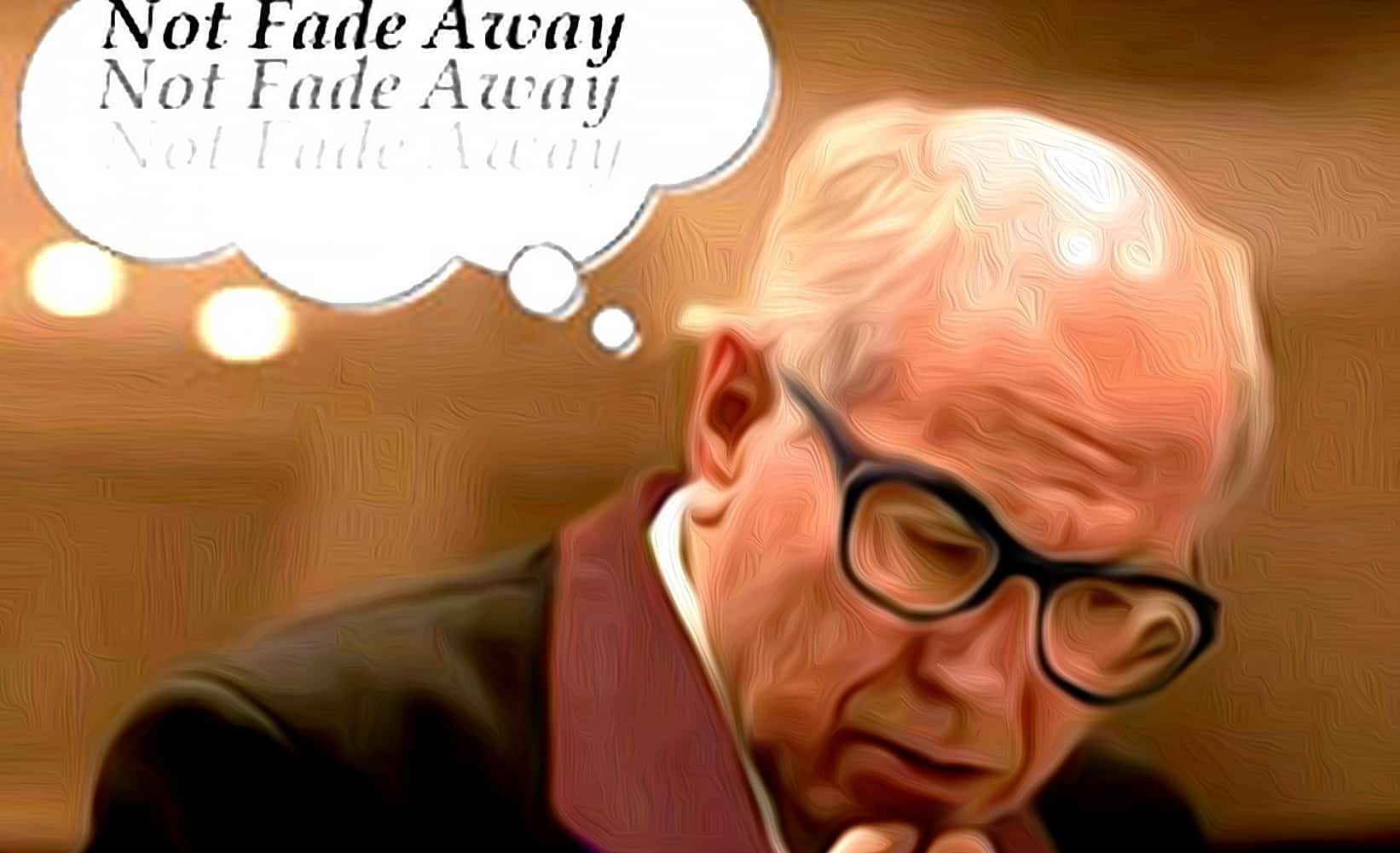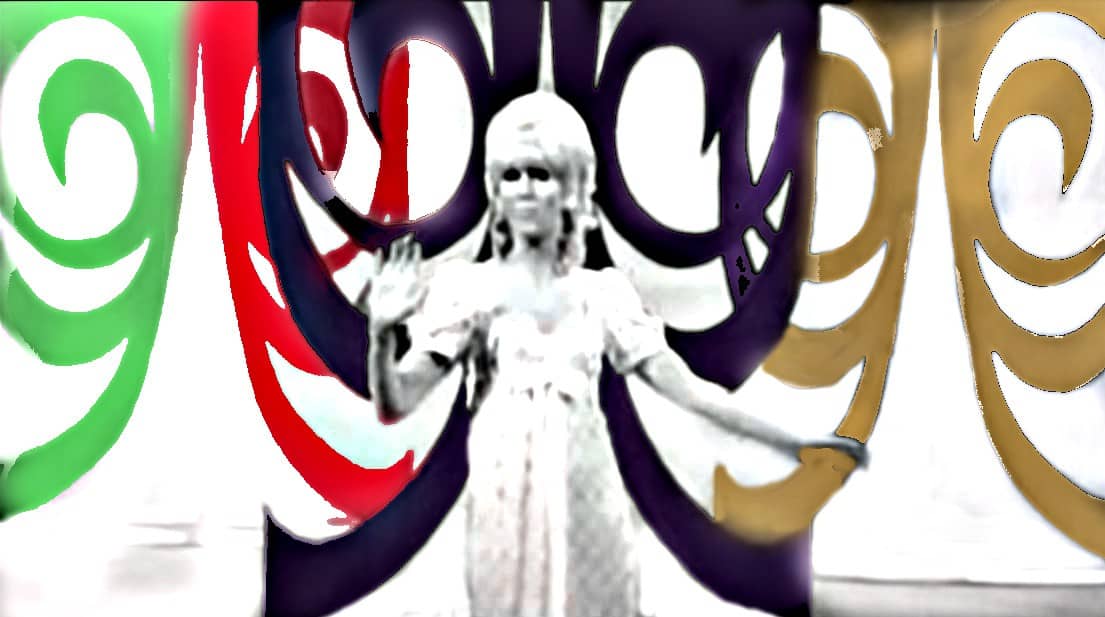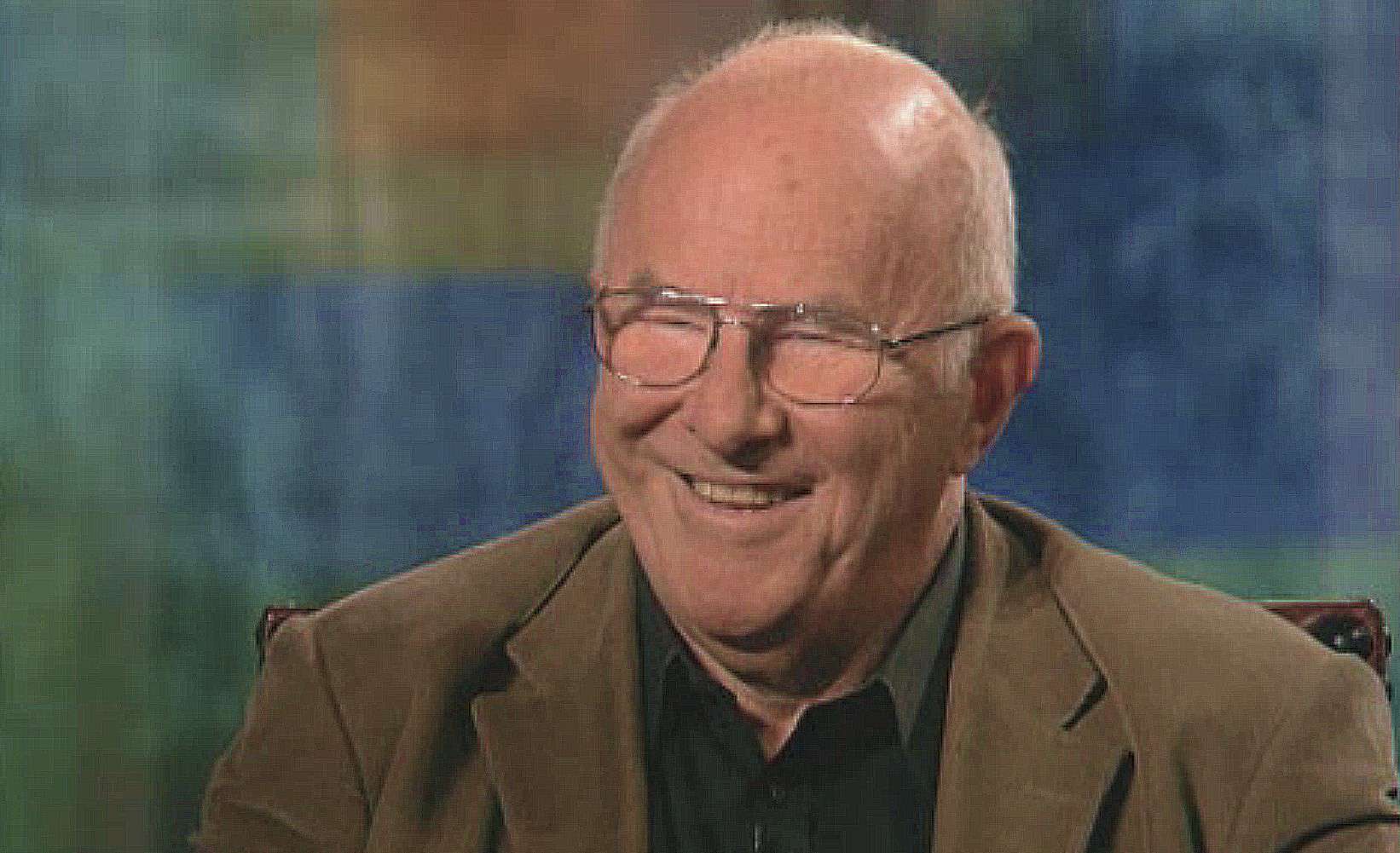The Courtier’s Reply
The Courtier’s Reply

The Emperor’s New Clothes
The King is in the altogether,
The altogether, the altogether,
He’s altogether as naked as the day that he was born.
~ Danny Kaye/HC Andersen
One of the constant “arguments” – actually not so much an argument as a condescending whinge – made against Richard Dawkins’ The God Delusion is Dawkins’ failure deeply to consider the omnitude of historical religious discourse – what Sam Harris in Letters to a Christian Nation describes as “bookish men parsing a collective delusion” – and in fact this “oversight” is often used to insinuate an intellectual inferiority.
Of course it is nothing of the sort.
The worst, or at least most voluble, of these – really, mendacious – detractors is H. Allen Orr who wrote
” You will find no serious examination of Christian or Jewish theology in Dawkins’s book (does he know Augustine rejected biblical literalism in the early fifth century?), no attempt to follow philosophical debates about the nature of religious propositions (are they like ordinary claims about everyday matters?), no effort to appreciate the complex history of interaction between the Church and science (does he know the Church had an important part in the rise of non-Aristotelian science?), and no attempt to understand even the simplest of religious attitudes (does Dawkins really believe, as he says, that Christians should be thrilled to learn they’re terminally ill?).
Breathtakingly illogical, as you can see, since Dawkins’ point is not the finer subtleties of religious credos but lack of any gods at all.
Dawkins has attempted to answer these critics and criticisms, but it is difficult to hope that your answer might make sense to someone who so obviously cannot, or refuses to, understand the question.
Dawkins wrote to The Independent to answer two other such detractors, Messrs Cornwell and Stanford:
” Cornwell’s slighting of my reading list is singled out for special praise by Stanford. This is a stock criticism. It assumes that there is a serious subject called Theology, which one must study in depth before one can disbelieve in God. My own stock reply (Would you need to read learned volumes on Leprechology before disbelieving in leprechauns?) is now superseded by P Z Myers’ brilliant satire on the Emperor’s New Clothes…
Stanford’s trump card is his observation that “religion is not primarily about belief, as we understand the word today, but faith.” Religion, as he sums it up, “simply isn’t about facts.”
Exactly. I couldn’t have put it better myself.
So here is the meat of The Courtier’s Reply by PZ Myers.
” I have considered the impudent accusations of Mr Dawkins with exasperation at his lack of serious scholarship. He has apparently not read the detailed discourses of Count Roderigo of Seville on the exquisite and exotic leathers of the Emperor’s boots, nor does he give a moment’s consideration to Bellini’s masterwork, “On the Luminescence of the Emperor’s Feathered Hat”. We have entire schools dedicated to writing learned treatises on the beauty of the Emperor’s raiment, and every major newspaper runs a section dedicated to imperial fashion; Dawkins cavalierly dismisses them all.
[….]
Dawkins arrogantly ignores all these deep philosophical ponderings to crudely accuse the Emperor of nudity.
How dare he. The impertinence!





